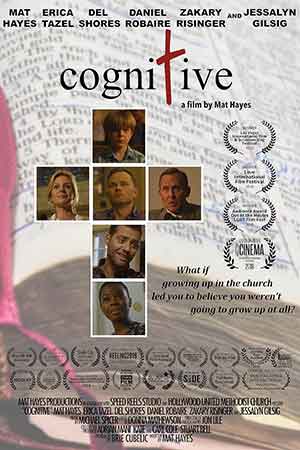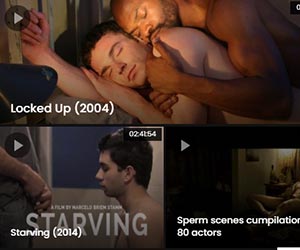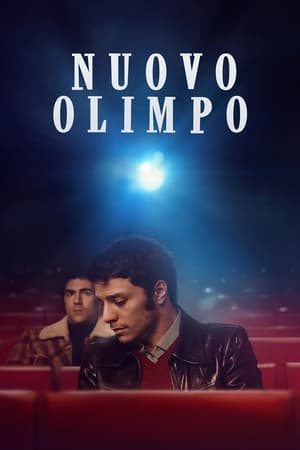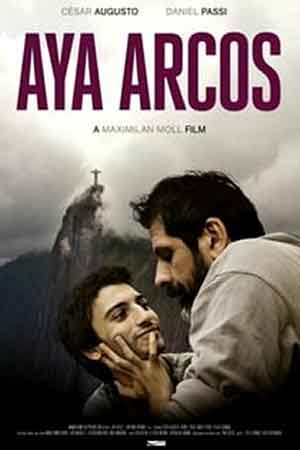A Floresta dos Sussurros (original title)
Directed and written by Thiago Cazado, Behind the Trees offers a powerful narrative of repressed desires colliding with newfound freedom. The film stars Léo Carius as Paulo and Cazado himself as Luigi. Their chemistry drives the emotional core of the story, highlighting the tension between societal expectations and personal authenticity.
Paulo’s inner conflict reflects a universal struggle, underscored by themes of guilt, spiritual reconciliation, and the search for happiness. The forest serves as both a literal and symbolic space for self-exploration, framing intimate moments against a backdrop of nature’s raw beauty.
Thiago Cazado crafts a nuanced tale where forbidden love becomes the catalyst for profound personal change. The film masterfully juxtaposes the serene beauty of the forest with the turbulent emotions of its characters.
“I don’t know why I’m going through this, but I know this is who I am.” – Paulo
This line encapsulates the heart of the narrative, capturing the essence of Paulo’s transformation as he navigates his dual life. The film doesn’t shy away from portraying the struggles of reconciling societal norms with inner truth, offering a raw and unfiltered look into Paulo’s psyche.
The cinematography immerses viewers in the lush wilderness, contrasting the vibrant external environment with the protagonist’s internal chaos. The use of close-ups during emotionally charged moments brings the characters’ vulnerabilities to the forefront, making the audience a witness to their raw intimacy.
One of the film’s strengths lies in its authentic portrayal of LGBT experiences within a conservative framework. Cazado’s dialogue oscillates between heartfelt and provocative, ensuring that the story remains grounded while exploring complex themes.
“This forest is my sanctuary. Here, I am free.” – Luigi
Luigi’s confident demeanor and openness starkly contrast with Paulo’s reserved nature, creating a compelling dynamic that propels the narrative forward.
Behind the Trees delves into the burden of religious guilt. Paulo’s visits to his priest reflect his internalized conflict, with the church symbolizing the societal expectations that he battles against.
“God forgives all, but are you willing to forgive yourself?” – The Priest
The portrayal of these scenes highlights the pervasive influence of religious doctrines on personal identity, adding layers of depth to Paulo’s journey.
























